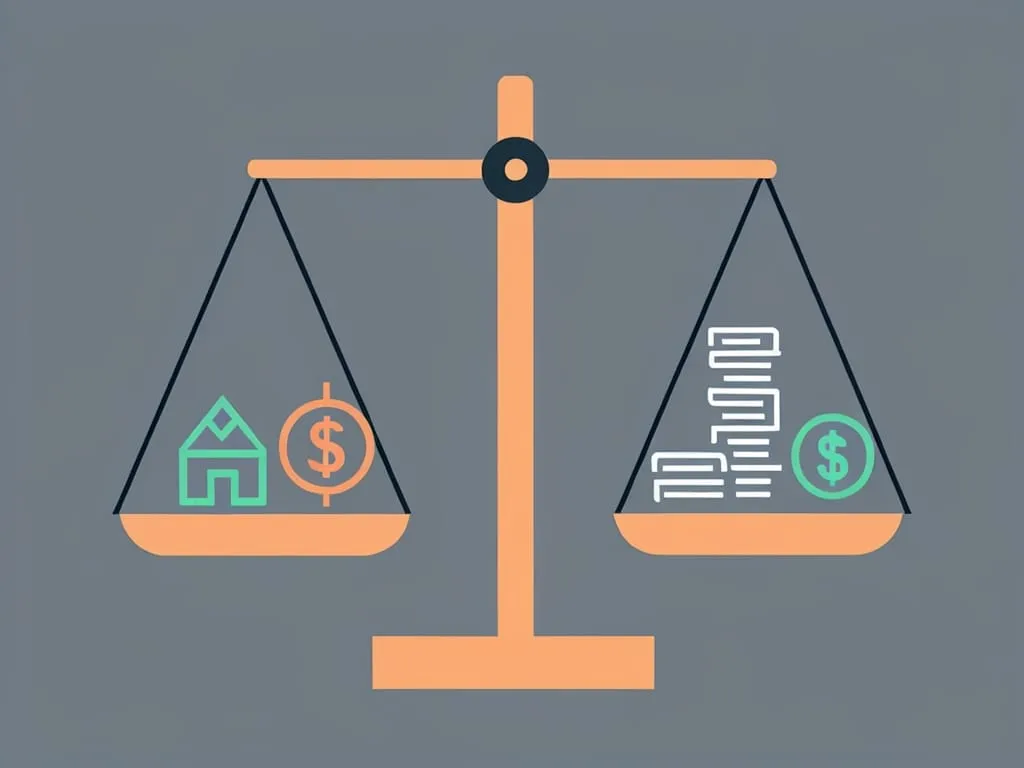The Psychology of Money
Welcome to our Summary Series, where we offer concise overviews of books with a focus on personal finance for our subscribers. This series is designed to give a snapshot of the book's content and should not be considered a replacement for the enriching experience of reading the book in its entirety. We highly recommend reading the full text to grasp the author's complete ideas and concepts, using this summary merely as a supplementary reference.
Continuing from Part 1, you can find the discussion through the link below.
Summary Series: Deciphering the Psychology Behind Money - 1
Wealthy vs. Staying Wealthy
Two Different Skills
This section delves into the distinct differences between acquiring wealth and maintaining it, highlighting that these are two separate skills. The discussion begins by acknowledging that while many strategies and behaviors can lead to wealth accumulation, the tactics required to preserve and sustain that wealth over time can be quite different.
The narrative points out that getting wealthy often involves taking calculated risks, being opportunistic, and sometimes benefiting from luck. It's about capitalizing on opportunities and often requires a certain degree of boldness and innovation. This phase is marked by growth and accumulation.
In contrast, staying wealthy is more about conservation and risk management. It involves strategies to protect the wealth that has been accumulated, which often means being cautious, avoiding major losses, and making decisions that ensure long-term sustainability and security. This stage is characterized by preservation and careful stewardship.
Housel highlights that many individuals who are successful in accumulating wealth struggle with the transition to wealth maintenance. This is partly because the mindset and skills required for each phase are different. While risk-taking and aggressive growth strategies might be beneficial in building wealth, they can be detrimental when it comes to preserving it.
The book also discusses the psychological aspects of this transition, such as the challenge of shifting from a mindset of aggressive growth to one of prudent conservation. It emphasizes the importance of adapting one’s financial strategies over time, aligning them with changing objectives and circumstances.
Tails, You Win
Asymmetric Outcomes
This section, "Tails, You Win," explores the concept of asymmetric outcomes in finance. It explains how a relatively small number of events or decisions can lead to disproportionately large outcomes, both positive and negative. This idea is crucial in understanding how big gains and losses in the financial world often stem from a few key decisions or occurrences.
The discussion centers around the notion that in many financial scenarios, particularly in investing, the bulk of overall success can be attributed to a small number of high-impact events. These 'tail events' can have outcomes that far exceed the norm and can significantly shape an individual's overall financial picture.
Housel discusses how recognizing and positioning oneself for these asymmetric outcomes is a vital skill in finance. This involves understanding that while many investments or decisions may have modest or average results, a few can produce outsized returns. Similarly, on the risk side, it's important to be aware that certain decisions or external factors can lead to disproportionately large losses.
The narrative also delves into the psychological challenges associated with this concept. It addresses the human tendency to underestimate the probability and impact of these tail events, either due to optimism (in the case of potential gains) or Self pity (in the case of potential losses).
By bringing attention to the asymmetric nature of financial outcomes, this section encourages a more refined approach to risk assessment and decision-making in personal finance. It highlights the importance of considering the potential for extreme outcomes in both directions and preparing strategies that account for these possibilities.
Freedom
The Real Value of Money
"Freedom" discusses the idea that the best thing money can give you isn't things, but the freedom to do what you want. It says that having lots of money is less about buying stuff and more about having the choice to spend your time and live your life the way you want.
This part of the book talks about how having financial freedom means you can make decisions without worrying too much about money. It's not just about being rich, but about having enough money to feel secure and do the things you enjoy without stress.
The author, Morgan Housel, explains that financial freedom is about aligning your money with what matters to you in life. This could mean having enough to live comfortably, being free from big debts, or having savings that let you take advantage of good opportunities when they come up.
He also talks about how being financially free can make you happier and more satisfied with life. It's about having the power to make choices based on what makes you happy, not just on what you can afford.
Overall, this section is about seeing money as a tool for freedom and happiness, not just for buying things. It suggests that we should aim for financial freedom in our saving, spending, and investing, for a more enjoyable and balanced life.
Man in the Car Paradox
Deciphering Wealth Signals
In the section titled "Man in the Car Paradox," the book tackles the common misconception about wealth and how it's often wrongly judged by outward appearances. It discusses the paradox that the visible signs of wealth, like expensive cars or luxurious lifestyles, don't necessarily indicate true financial wealth.
The author points out that real wealth is often what you don't see - it's not in the expensive items people buy but in the assets they accumulate and save. He explains that people who look rich might not actually be wealthy because they spend a lot of their money on things that show off their wealth, rather than saving or investing it.
This part of the book also discusses how spending money on flashy items can actually be a financial setback. The more someone spends on things that look like wealth, the less they might have in actual savings or investments.
The "Man in the Car Paradox" section encourages readers to rethink how they view wealth. It suggests that true financial success should be measured by financial stability and the ability to accumulate wealth over time, rather than by the ability to buy expensive things.
Overall, this segment aims to shift the reader's perspective on what it means to be wealthy. It's a reminder that true financial security often lies behind the scenes, in the less visible aspects of personal finance.
Summary:
Getting Wealthy vs. Staying Wealthy:
This section explains that making money and keeping it are two different skills. Earning money often involves taking risks and seizing opportunities. However, keeping that money requires careful management and avoiding big losses. The author suggests that success in wealth accumulation doesn't always translate to success in wealth preservation.
Tails, You Win:
Here, the focus is on the impact of rare but significant events in finance, known as 'tail events'. The book explains that a few key decisions or occurrences can lead to major financial gains or losses. Understanding and preparing for these rare, high-impact events is important for effective financial planning.
Freedom:
This part discusses how the true value of money is in the freedom it provides. Financial freedom is about having enough money to live life on your own terms, without the stress of financial constraints. It's not just about being rich, but about aligning your finances with your life's goals and values, leading to happiness and satisfaction.
Man in the Car Paradox:
This section challenges the common perception that visible signs of wealth, like luxury cars, are accurate indicators of true wealth. The author argues that real wealth is often invisible, accumulated in savings and investments rather than spent on showing off. The paradox is that people who appear wealthy might not actually be financially secure.






